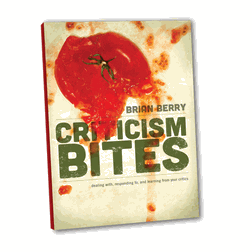 At the risk of sounding like I’m addicted to this song and parodies of it since this is my second video post on the same song… I’m going to go out there and say this is amazing and so much fun for starting conversations with students. We ran it in the pre-roll last week in our final week of our “Bow Chicka Wow Wow” dating series and it was a total hit!
At the risk of sounding like I’m addicted to this song and parodies of it since this is my second video post on the same song… I’m going to go out there and say this is amazing and so much fun for starting conversations with students. We ran it in the pre-roll last week in our final week of our “Bow Chicka Wow Wow” dating series and it was a total hit!
I found this video when I saw Noah on the Today Show in the days after this video went viral and there is so much going on in it.
#1. A remix of music and lyrics.
#2. Proof that changing things changes almost everything
#3. Stereotypes are being shattered.
#4. Evidence that I can’t sing but Noah can.
#5. Validation that confidence in sexier that being sexier.
#6… so much more.
All by a high school student named Noah. Amazing. Seriously Amazing.
 Husband. Dad to 5. Student Ministry Pastor. Follower of Jesus. Yatta yatta.
Husband. Dad to 5. Student Ministry Pastor. Follower of Jesus. Yatta yatta.



Recent Comments